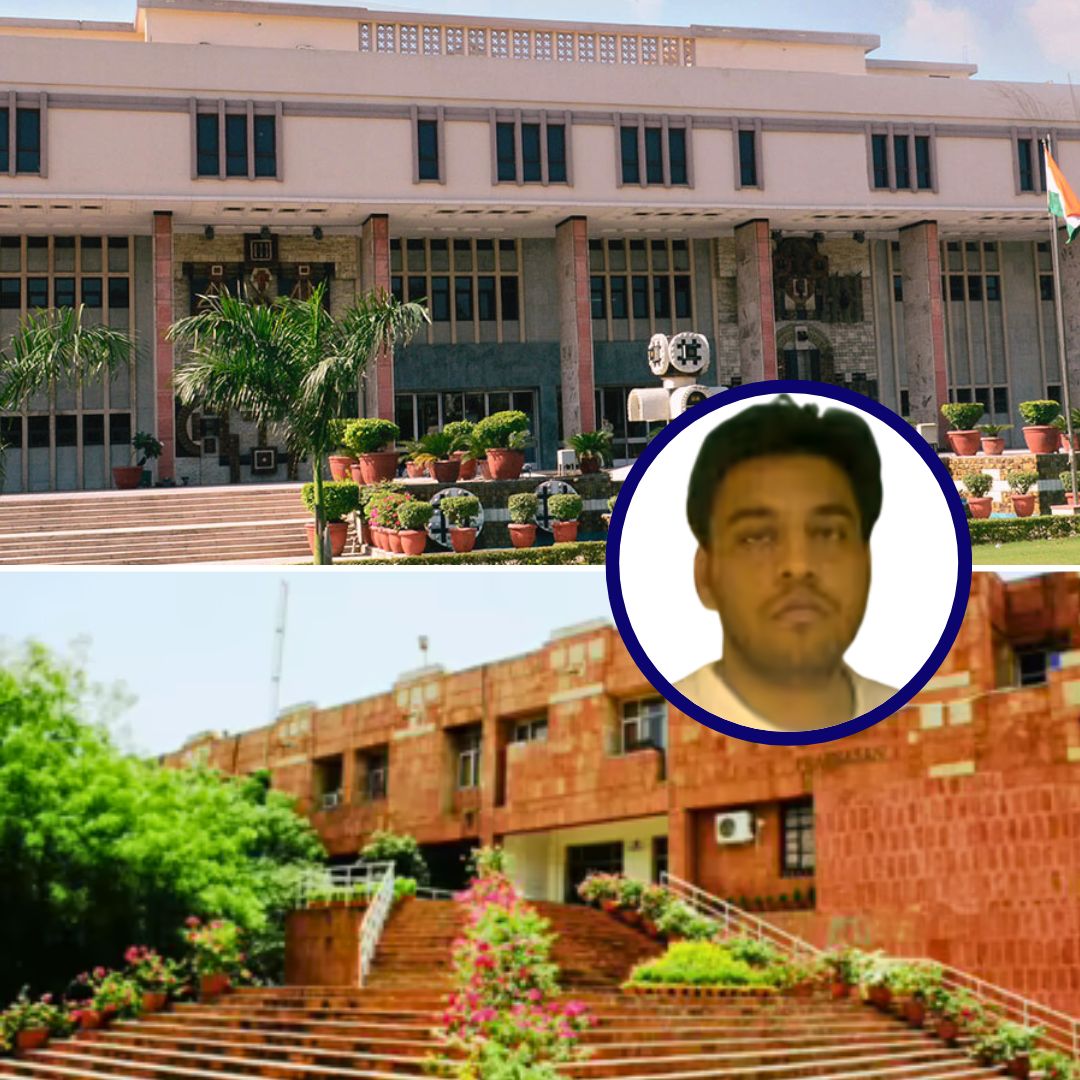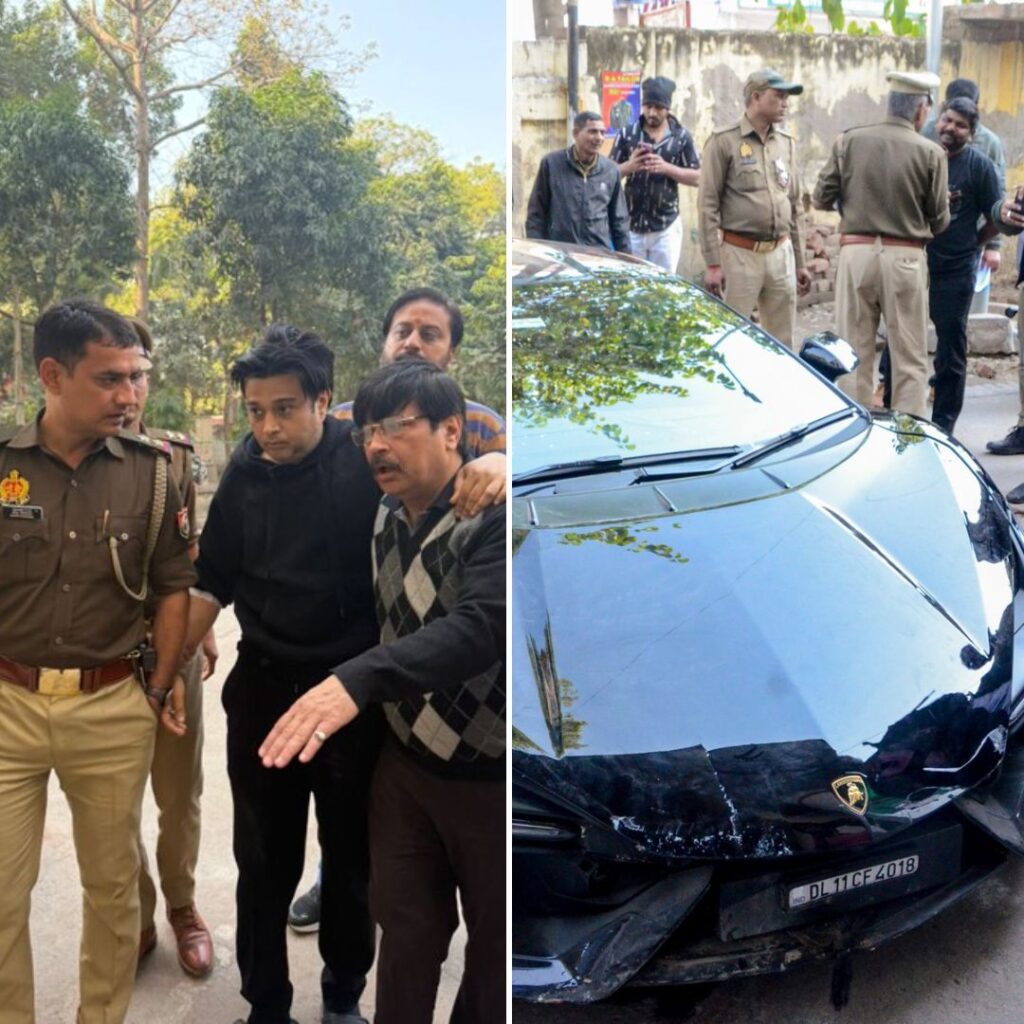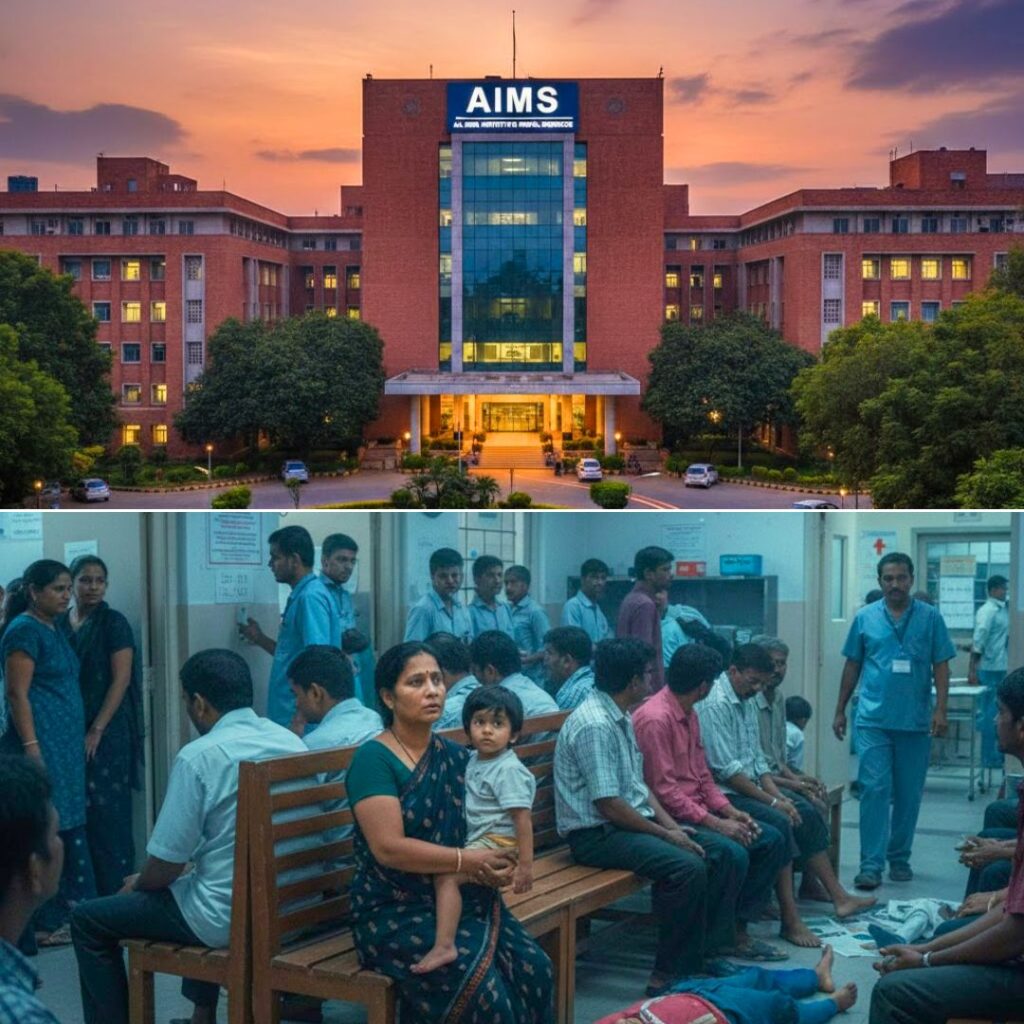A Delhi court on June 30, 2025, accepted the Central Bureau of Investigation’s (CBI) closure report in the high-profile disappearance case of Jawaharlal Nehru University (JNU) student Najeeb Ahmed, who went missing on October 15, 2016, after an alleged altercation with Akhil Bharatiya Vidyarthi Parishad (ABVP) members.
The court concluded that the CBI had “exhausted all options” and found no credible leads despite years of investigation.
The case can be reopened if new evidence comes to light. Najeeb’s mother, Fatima Nafees, has condemned the authorities’ efforts and pledged to continue her legal fight for answers.
Court’s Ruling and Stakeholder Responses: A Decade of Search Ends Without Closure
Presiding over the case, Additional Chief Judicial Magistrate Jyoti Maheshwari emphasised that the CBI had explored every possible lead, including forensic analysis, digital evidence, and extensive witness interrogations. In her order, she stated, “The truth may elude us, but the quest for truth must go on unwavering and undeterred.”
The court acknowledged the “perturbing incident” preceding Najeeb’s disappearance but found no evidence directly connecting any suspects to his fate. The CBI’s investigation included nationwide searches, examination of CCTV footage, and interviews with over a hundred individuals, including students, faculty, and staff.
Despite these efforts, the agency reported that no breakthrough was achieved, and the trail had gone cold.Najeeb’s mother, Fatima Nafees, expressed deep disappointment, calling the closure a “travesty of justice.”
She accused the CBI and Delhi Police of negligence and bias, stating, “I will fight till my last breath. My son’s disappearance is not just my tragedy but a question mark on the safety of every student in this country.”
Student groups, civil society organisations, and human rights activists have echoed her concerns, demanding greater accountability and transparency from law enforcement agencies.
Timeline: From a Campus Scuffle to a National Outcry
Najeeb Ahmed, a 27-year-old MSc Biotechnology student, was last seen leaving his Mahi-Mandvi hostel after a reported altercation with ABVP members. The incident quickly escalated, sparking protests within JNU and across India, with students and activists accusing authorities of inaction and political bias.
The Delhi Police initially registered a case of kidnapping and announced a reward for information, but the investigation stalled. In 2017, the case was handed over to the CBI following a petition by Fatima Nafees and mounting public pressure.
The CBI’s probe, which included lie detector tests, phone tracking, and forensic examinations, failed to establish any concrete leads. In 2018, the agency filed a closure report, which was challenged by Najeeb’s family.
Over the years, the case became a symbol of the struggles faced by families of the missing and the challenges of ensuring campus safety. The court’s recent decision to accept the CBI’s closure report comes after nearly nine years of legal battles, protests, and unanswered questions.
The judge noted that the case could be reopened if credible new information emerges, but for now, the legal chapter has closed.
The Logical Indian’s Perspective
The closure of Najeeb Ahmed’s case, despite exhaustive investigations, is a sobering reminder of the limitations of our justice system and the enduring pain of unresolved disappearances. The Logical Indian stands in solidarity with Najeeb’s family and all those who continue to seek answers for their missing loved ones.
We believe that justice is not just about legal closure, but about truth, empathy, and accountability. The anguish faced by Fatima Nafees and countless others highlights the urgent need for reforms in our investigative processes, greater transparency, and sustained public support for families of the missing.
As a society, we must ask ourselves: How can we ensure that no family is left without hope or recourse? What systemic changes are needed to prevent such cases from languishing unresolved for years?












